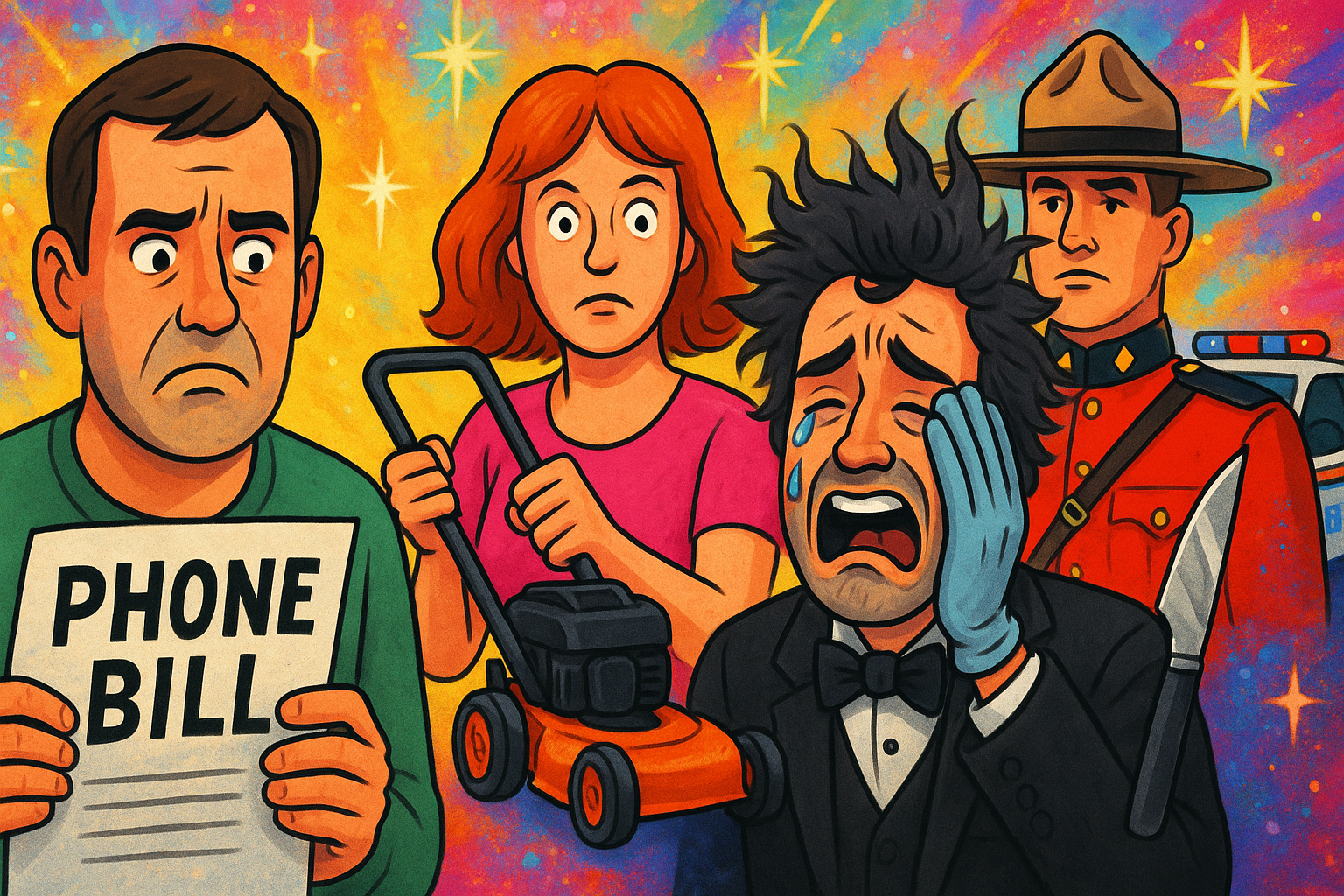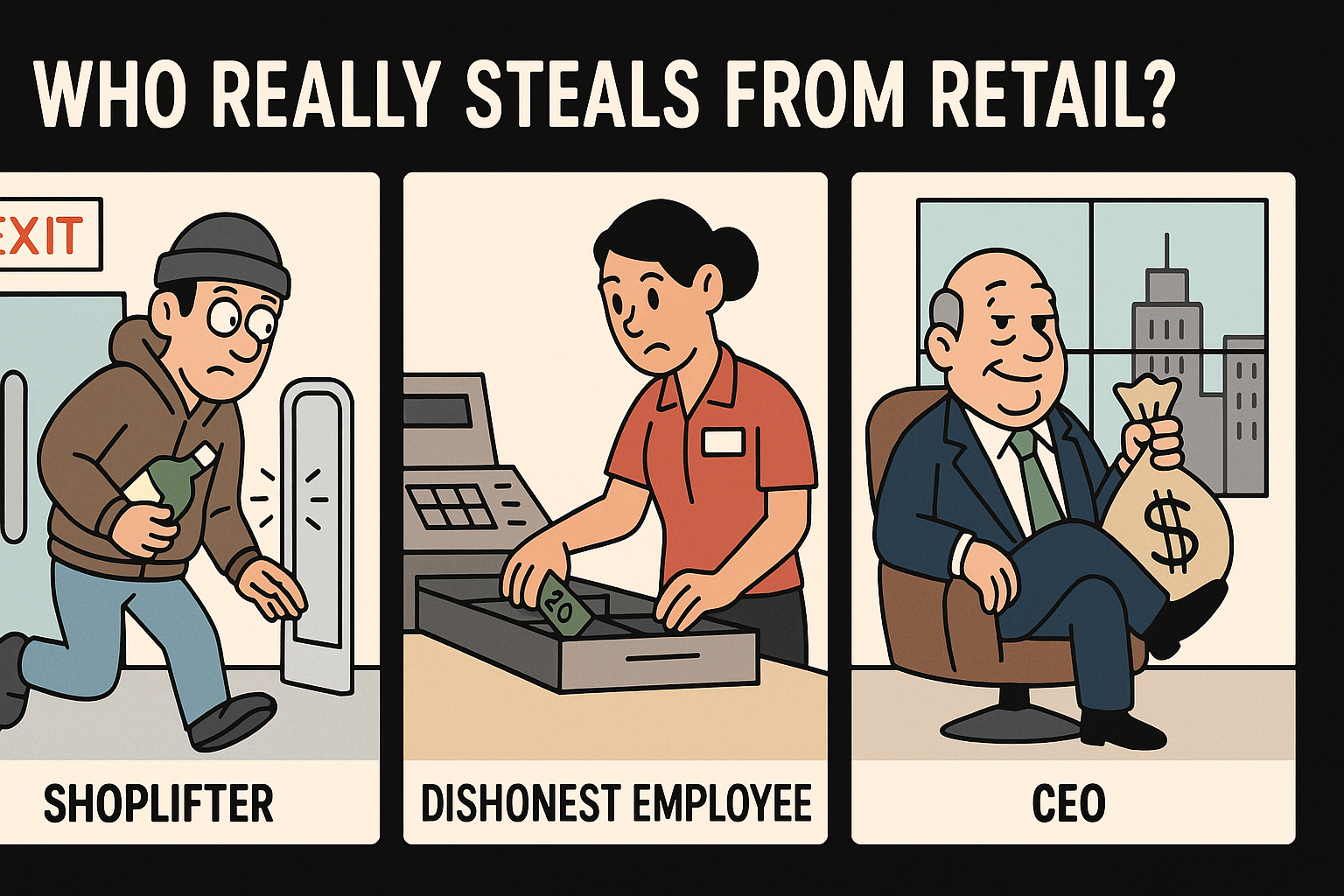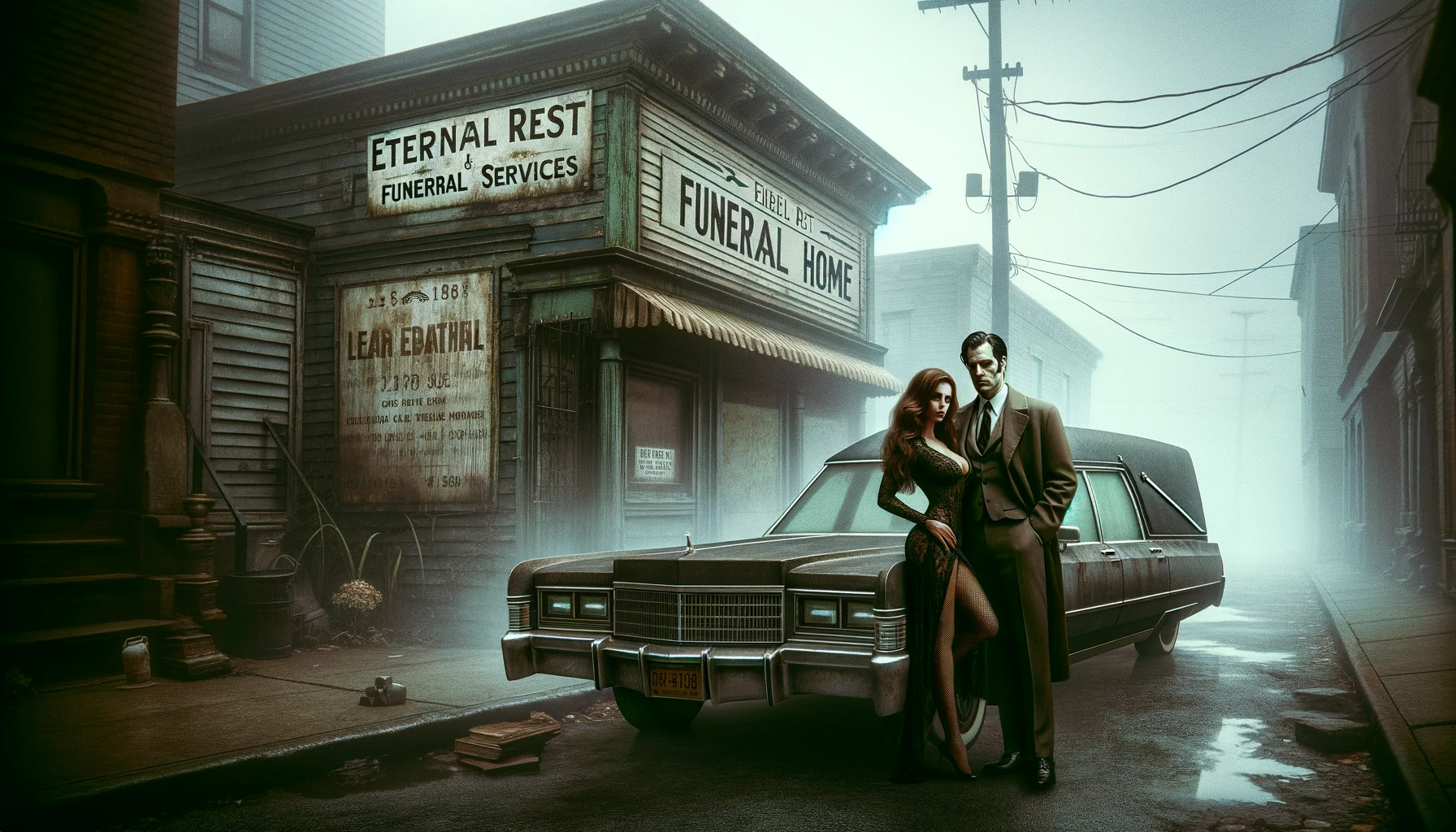Formaldehyde
Written by Jaron Summers © 2025
Some families are bursting at the seams—second cousins, step‑uncles, and genealogical extras who show up only for the potato salad.
Not ours.
We ran lean. Not mean—just compact. By my count, I had four first cousins in the combined registries of Canada and the United States: three boys and one girl. That was our entire sequel slate.
The boys were roughly my age and lived 150 miles from Coronation, Alberta—my hometown, where the entertainment district consisted of a grain elevator with confidence. They were parked in the hamlet of Bentley, which made Coronation look like Paris with frostbite.
Their father, Claud, started as town secretary and was promoted—by unanimous relief—to Mayor. Everyone loved Claud, possibly because he was the only one who wanted the job.
Claud and my dad had a sister, Ivy, who married an undertaker. That’s not a punchline; that’s the prairies. Ivy and the gentleman with the melancholy handshake adopted three kids and moved far enough east that we waved at them across time zones.
On my mother’s side there was Uncle Glenn, her twin, provider of a single daughter: Priscilla—elegant, witty, chronologically two years ahead of me and inconveniently attractive, which added zest to holiday seating charts.
Neither Priscilla nor I had children, which left the solemn duty of multiplying to the Bentley Boys. We had high hopes and low math.
Then time—our family’s most industrious thief—went on a spree. Earlier this year Priscilla died. Not long after, the middle Bentley brother, Ken—sweet as his father, and just as beloved—followed her out.
Which left me: the Cousin Department’s night manager and sole employee.
Except for Ivy’s three, the adopted trio. One of them—this is where fate turns executive producer—became a freelance embalmer.
Not a corporate embalmer with a logo and a brochure. Freelance. As in: Have scalpel, will travel.
I think about him more than is strictly healthy. While other boys dreamt of jets and justice, he stared into the abyss and said, “You know, I could really polish a cadaver.”
That’s family for you. Someone to surprise you. Someone to bury you. If you’re lucky, at a discount.
To protect the innocent and unsettle the living, let’s call him Cousin X.
In the 1990s I flew from Los Angeles to Edmonton to check on my mother, Pearl—feisty, charming, and proof that longevity favors the amused.
I opened the door of our modest bungalow and there he was: Cousin X, occupying my favorite Easyboy like a hostile takeover, shoes off, remote in hand, expression set to “heir apparent.”
He bounded up, shook my hand, and said, “Didn’t expect you back so soon,” which is a warm greeting if you ignore the undertone of we were using your chair.
He praised Mother’s cooking, called me a fine son—always a red flag—and asked if there was anything he could do to help.
“Know how to use a lawnmower?” I said.
“Absolutely,” he said, “but there’s no gas. Also, I’m short on cash. My wife—well, ex‑wife‑to‑be—doesn’t understand me.” Tears were auditioned. They got a callback.
He’d driven from Toronto, he said, to scare up work in his specialty: freelance embalming. A skill passed down by his adoptive father.
According to him, demand was brisk. People were dying to meet him.
Before I flew back to L.A., I mentioned the long‑distance phone bill he’d handcrafted during tearful negotiations with the ex. Mother and I expected reimbursement; funds were not infinite at the Pearl Bank.
“No problem,” he said. “I’ve got an incoming transfer. Toronto bank. Any day now. I’m liquid.” He said this with the confidence of a man who could bounce a check high enough to clear the Rockies.
He also reassured me the neighborhood was safe—Mother knew a Mountie two doors down, a man I’ll call Sergeant Soda.
Later Soda would do the rare double: chief of police in both Vancouver and Victoria. At the time he was just a dependable local legend with the smile of a saint and the instincts of a loan shark.
I phoned home three days later. Mother was fine. She’d lent Cousin X twenty dollars “until the transfer arrived.” The phone bill was… operatic.
Soda had stopped by for tea and promised to “chat” with our houseguest. Mother was planning a birthday cake. Hope springs eternal and bakes at 350.
A week later, I walked back in. Cousin X was asleep in front of the TV, which displayed pure snow—the most Canadian screen saver.
Mother had saved me a slice of his cake, which, judging by the forensic crumbs on a paper plate, had been saved mostly in theory.
I inspected the lawn. It resembled an ecosystem. No gas. No mow.
Cousin X winced and patted his spine. “Tomorrow by ten,” he said. “Back’s better, money’s landed, bills will be paid, pantry refilled. Ten sharp.”
At 9:59 the next morning, Cousin X and his battered hatchback disappeared like the interest in a bad investment.
Sergeant Soda appeared in the doorway the way weather arrives. “Where’s the embalmer?” he asked, in a tone that suggested he already knew the third act.
“No idea,” I said.
“I’ll deal with him,” Soda said pleasantly, which sounded merciful until you remembered he defined deal the way a blackjack dealer does.
By noon the Mounties found Cousin X at a motel that specialized in discounts and regrets, in the company of a woman known professionally for her night shifts. They brought him to K Division, a sprawling fortress with a basement that could double as a medieval set.
They parked him in Soda’s office. Here’s how I heard it went.
“I’ve done nothing wrong,” Cousin X announced. “Release me immediately.”
Soda smiled the way a cat smiles at a bird that can’t do math. “You’re a suspect in three murders.”
Cousin X’s jaw opened so wide you could’ve done dental work. “I would never hurt anyone!”
“We know you’ve been… involved with deceased companions,” said Soda.
“Absolutely not!”
“You’re a freelance embalmer,” Soda said, as if that settled the matter.
“Our medical examiner says a number seven scalpel was used. That’s an embalmer’s favorite. Also—small detail—Alberta still has the death penalty.”
Tears. More than before. You could have bottled them and sold them as artisanal remorse.
Right then a young constable slipped in with a note. Soda read it and looked up.
“Well, well. You’re not our killer,” he said, mildly disappointed. “That honor belongs to a prominent doctor. Who knew?”
“So I can go?” said Cousin X, switching from tragedy to farce without changing reels.
“Almost,” said Soda. “Commit any other crimes while you were in our fair city?”
“As God is my witness, no.”
“What about Mrs. Summers? You owe her money.”
“Just a few dollars,” said Cousin X. “I’ll make it right.”
Soda unfolded a second slip. “Phone bill suggests otherwise. You’ll give Mrs. Summers one hundred dollars by four o’clock, or you’ll enjoy a week in our accommodations. One more thing—did you tip the lady last night?”
“Of course!” He produced a receipt: $20, plus $1 tip.
Soda studied it like modern art. “Generous to a fault. Get out of town by five. No curtain call.”
At 3:15 p.m. Cousin X stopped by the house, handed Mother a crisp hundred, kissed her cheek like a repentant altar boy, and drove away. Soda tailed him out of Edmonton at a respectful distance, the way a guardian angel might if guardian angels wore hats and carried sidearms.
That was the last we saw of the freelance embalmer.
We replaced the lawnmower’s gas can, paid the phone bill, and resumed our lean little family’s business: living long enough to laugh about it.
And whenever the house is quiet and the TV hums its snow, I think of Cousin X—our side‑hustle cherub with the traveling kit—and I whisper a small prayer of gratitude.
For Claud, who served. For Ken, who was kind. For Priscilla, who sparkled. For Mother, who baked hope into every cake. For Sergeant Soda, who balanced the books of the universe with interest.
And for the invaluable lesson that no matter how small your family gets, there’s always room for one more surprise.
Preferably not one that bills long‑distance.




